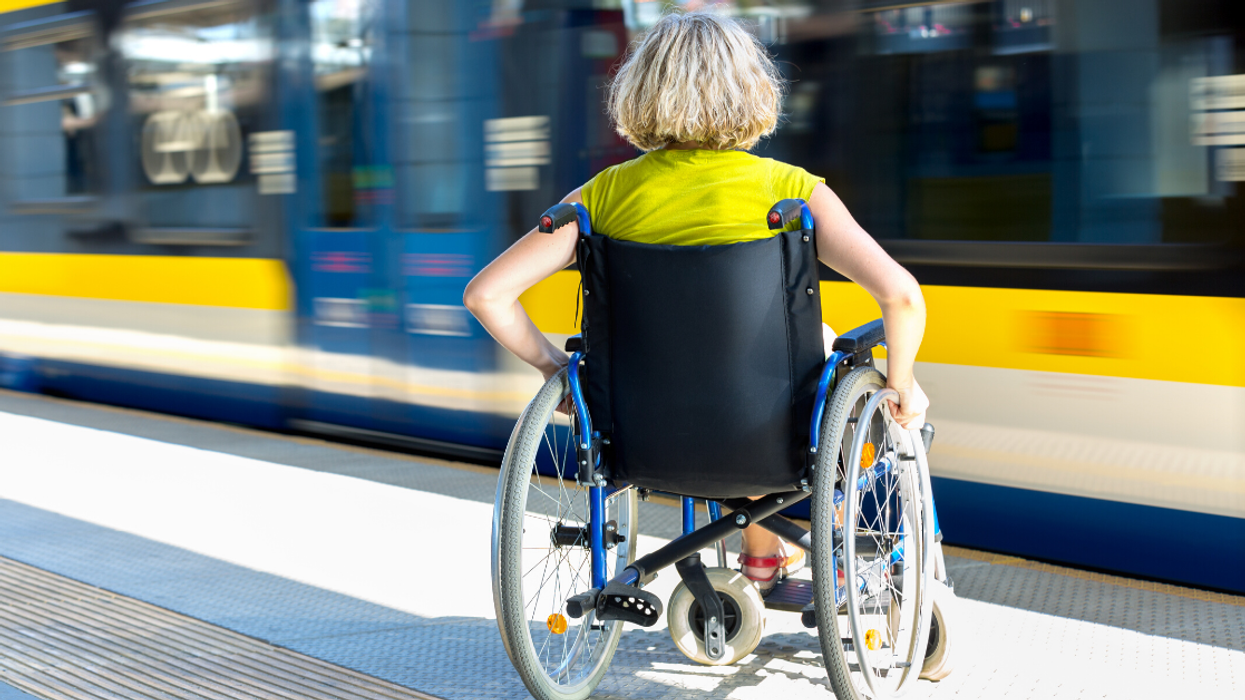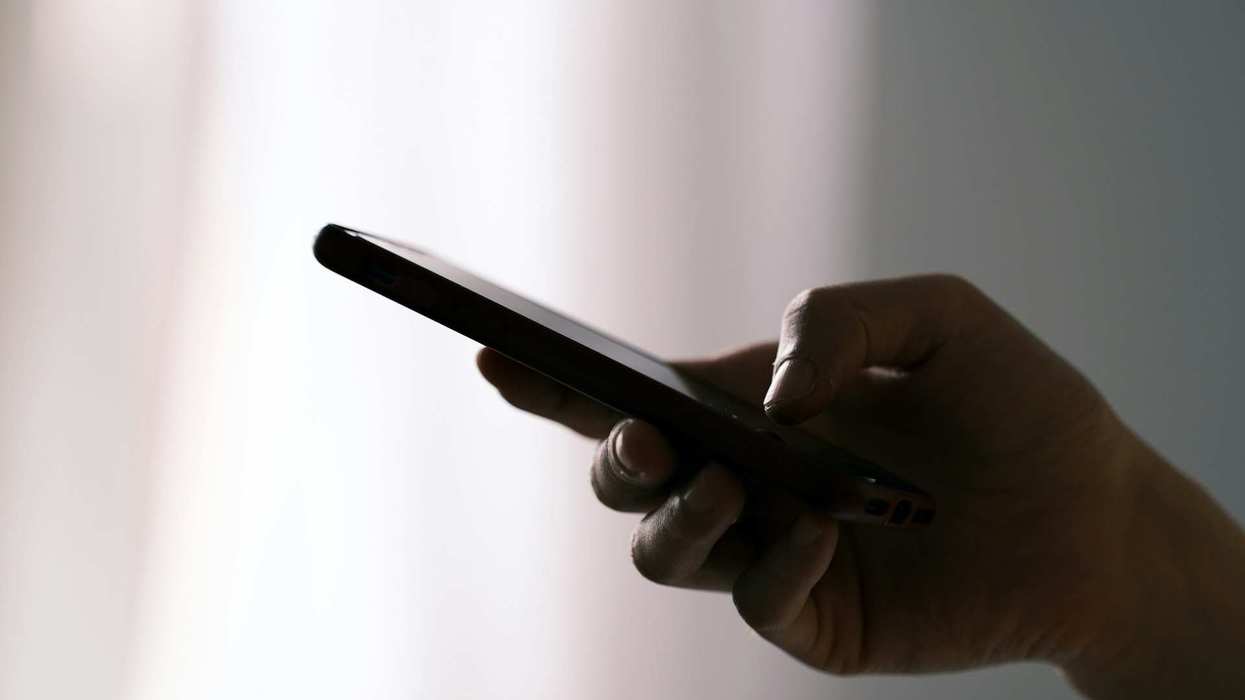While this is certainly a time for people to practice physical and social distancing, disabled individuals repeatedly have been the victims of discriminatory behavior when in need of assistance.
Most recently a group of railway workers refused to help a woman in her wheelchair onto their train.
This woman, who chooses to remain anonymous but who goes by "Osayuki" on Twitter, shared her experience. Multiple railway workers refused to touch her wheelchair.
After a long day working at her pharmacy, she was attempting to get home by way of Southeastern Railway.
While attempting to board, she requested several men's help. But the railway employees would not help her because of fear of the viral pandemic and being reprimanded by their employer.
Strangely enough, part of their argument was based on a worker who was on-leave. They apparently contracted the virus, specifically after touching someone else's wheelchair.
They emphasized the ill employee will be on-leave for three months. They also believed they would be in trouble with their employer if they repeated the employee's actions of assisting a disabled person.
But when the woman pushed for solid evidence, regarding their story about their fellow employee, they came up empty-handed.
They did, however, continue to insist it was company policy that kept them from assisting disabled people.
The woman, who was attempting to board alongside her mother, only received help during this exchange after her mother spoke up.
If it weren't for her bringing her mother, she would have been denied assistance in a similar fashion two weeks in a row.
The woman also wrote a longer statement and shared the Google Doc version of it on Twitter.
In the statement, she wrote:
"Disabled people are not the source of the coronavirus and we have been stigmatized."
"There should be no reason for staff not to help disabled people making essential journeys during the pandemic."
"Work at the pharmacy was busier than ever today, so it hurts to be denied ramp assistance again. No one deserves to be treated this way because of their disability."
Twitter users were appalled by the woman's treatment while using public transportation.
Though it is a scary time with a lot of uncertainty, refusing to help someone get home seems less than humane.
It also hardly makes sense to equate one experience with an individual in a wheelchair to another. If in fact the virus was contracted from touching a wheelchair, it stands to reason steps could be taken to prevent it from happening again.
Hopefully this woman, and other disabled passengers, will receive the support they need going forward.
The book Crippled: Austerity and the Demonization of Disabled People is available here.














 @TweetforAnnaNAFO/X
@TweetforAnnaNAFO/X

 Steve Urkel Oops GIF
Steve Urkel Oops GIF  Moon Walk Dance GIF
Moon Walk Dance GIF  The Office Monday GIF by 20th Century Fox Home Entertainment
The Office Monday GIF by 20th Century Fox Home Entertainment 